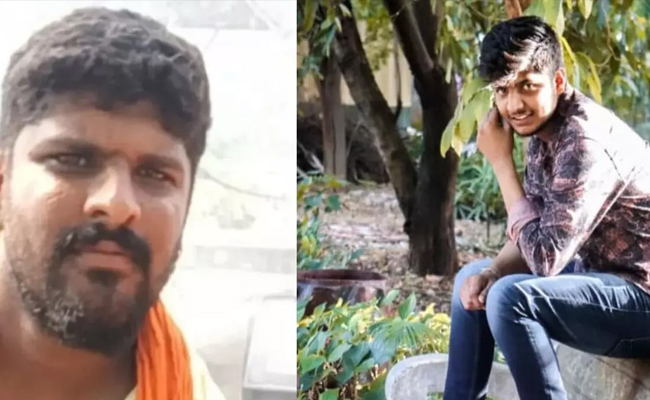New Delhi, April 25: Augmenting 5G mobile networks with next-generation satellite capabilities may help satellite operators become a major player in the emerging 5G ecosystem, leading data and analytics company GlobalData said on Wednesday.
"The next generations of satellites -- high throughput satellites (HTS) -- are being built on open architectures. They are much more flexible and easier to integrate into 5G networks," Glen Hunt, Principal Analyst Telecom Technology and Software Analyst at GlobalData, said in a statement.
"With HTS, satellite operators can expand beyond rural broadband and become an integral part of the 5G ecosystem," Hunt added.
According to the company, sluggish speeds, high latency and lower reliability compared to traditional fibre and digital subscriber line (DSL) options have restricted satellite's role to being a provider last resort, relegated to serve ultra-rural areas beyond the reach of other technologies.
However, with the advent of upgraded satellite technology, the capacity and performance requirements are expected to be addressed in the 5G era.
"HTS deployments are going to be dramatically less expensive than prior generations of satellite due to a combination of factors including new advances in launch vehicles, miniaturization of components and correspondingly lower power consumption," Hunt said.
The standards governing true 5G services, likely to be ready to deploy by Q3 2018, are much more 'satellite-friendly' than previous Long-Term Evolution (LTE) and 3G networks.
Let the Truth be known. If you read VB and like VB, please be a VB Supporter and Help us deliver the Truth to one and all.
Thodupuzha (Kerala) (PTI): A 27-year-old man died after allegedly falling into an open roadside pit near Thodupuzha in Idukki district, police said on Tuesday.
The deceased was identified as Jeys Benny, a native of Muthalakkodam.
The accident occurred late Monday night when his two-wheeler plunged into the large pit dug on the side of the road as part of the construction work, they said.
Though he was rushed to a nearby hospital, his life could not be saved.
As the issue triggered heated protest, state Public Works Department (PWD) Minister Mohammed Riyas ordered a probe into the tragic incident.
He said the deputy chief engineer of the PWD has been entrusted with a probe into the incident and will take further action after receiving his report.
"Stringent measures will be taken if the negligence happened from the side of the Public Works Department," Riyas said.
In the CCTV visuals aired by TV channels, the bike could be seen plunging into the open pit.
According to local residents, the pit has been left open for over a month without adequate safety measures such as barricades or warning signs.
Following the incident, local residents staged a protest at the accident spot, alleging negligence on the part of the PWD.
Workers of the Opposition UDF also protested at the local PWD office demanding action against those responsible.





